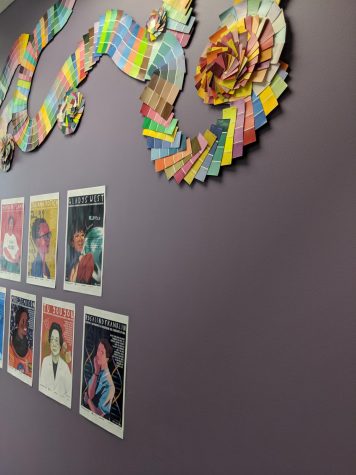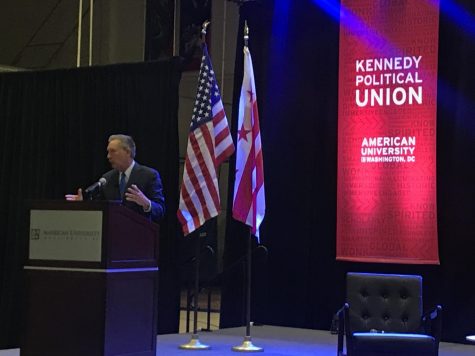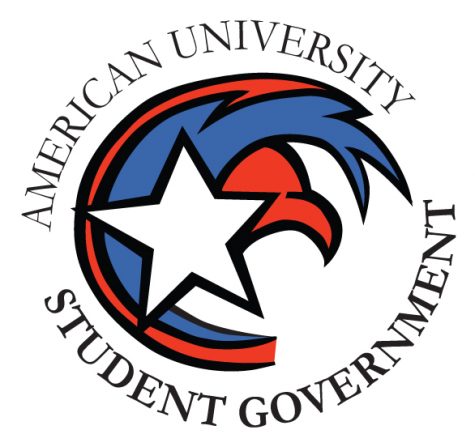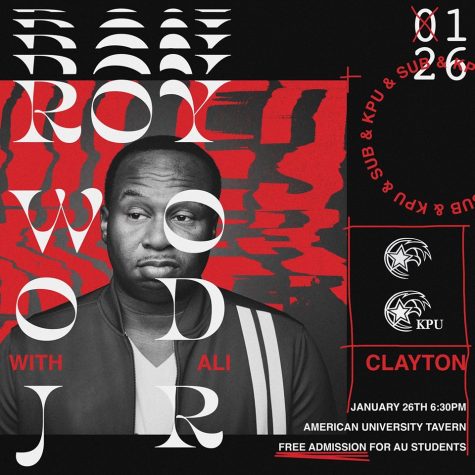Gentrification in the District: Lower Georgia Avenue Looks to the Future
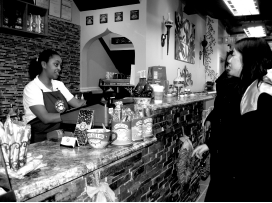
When a conspicuously white reporter walks into Eagles Barber Shop on lower Georgia Avenue, several guys there have a question.“You going to write a story about gentrification?”
Though some local residents feel insulted by the word gentrification, the barbers and customers at Eagles want me to hear the word. Gentrification, they say, is the most important story in this area, where small businesses line busy Georgia Avenue and sturdy mid-century row houses preside over quiet side streets.
Residents say that lower Georgia Avenue—roughly defined as the corridor stretching past Howard University and north into Park View—hasn’t seen the same dramatic redevelopment transforming nearby Columbia Heights and, to a lesser extent, Petworth. But business owners and residents say the District of Columbia’s de facto racial segregation is already declining here.
The 2010 Census shows population gains in nearby areas, reversing decades of population loss and changing the area’s racial composition. The black population has declined from 93 to 58 percent since 1990. The same period saw the white population spike from 2.8 to 15 percent. Even more dramatically, residents identifying as Hispanic rose from 4.2 to 24 percent.
At Eagles, barber Darnell Latney, who grew up nearby and has worked at the shop since 1997, trims a customer’s hair while recounting a recent episode involving a new resident filing a noise complaint against the long-established Park View Recreation Center. She relented, Latney says, when “hundreds” of long-time residents defended the center at an Advisory Neighborhood Commission meeting.
Latney thinks newcomers should understand they aren’t just buying a house, but a neighborhood.
“Before you purchase, judge if it’s the right neighborhood for you,” he said. “If you buy next to a park and there’s kids playing, you know it ain’t going to be peaceful. They’re going to have summer jams, concerts, and if you’re not one of them people, then you shouldn’t move around that area.”
Kent Boese moved to Park View in 2007 and later became an ANC Commissioner. He also recalls tensions around the recreation center, which he says is beloved by old-time residents.
After a 2012 renovation of the center, the ANC held a meeting to discuss its reopening; the meeting, says Boese, was attended primarily by white residents. Later, neighborhood youths complained they hadn’t known about the meeting, prompting Boese to schedule a second meeting. This time, many black community members attended, and Boese was one of only two white residents present.
Boese describes the meeting as “uncomfortable,” especially when a resident suggested that he had held separate meetings for black and white residents.
Boese understands the concerns behind these comments, though he says not all white newcomers do.
“Most of the problems we have in the city, especially when it comes to race, are problems that we can trace back to segregation,” Boese said. “Newer people need to understand where people are coming from.”
At the recreation center meeting, Boese fired back at critics, saying that black and white residents want the same things and can get more from city government by lobbying together.
“I usually speak my mind rather than sugar-coating it,” Boese said. “By the end of the meeting I had stronger relationships with people who wouldn’t have talked to me before.”
Boese says everyone in the area, old and new, wants improvements in local housing and businesses.
Changes are already underway on the quietest stretch of lower Georgia Avenue, south of Park View and north of Eagles. Last year condominiums went up, and construction just began on another apartment building. Next to that construction site, the family-owned and operated Everlasting Life Café offers an unusual menu of vegan soul food in a simple, cafeteria-style setting. Items like a vegan fried chicken sandwich bring in residents from near and far. And recently, Ethiopian immigrant Daniel Eshete opened Harrar Coffee and Roastery, the only coffee shop for several blocks. Eshete’s sister says although she, Daniel and their extended family live miles away in northern Virginia, the Georgia Avenue location offers a good business opportunity since the street is developing day by day.
Local residents of all races worry about skyrocketing housing costs though. Barber Latney says even though four of his five siblings still reside in the District, he prefers living elsewhere.
“It’s $400,000 and I could never have a party when I want to because they have a condo association,” he said. “They have rules.”
Although Latney’s late grandfather once owned a five-bedroom house not far from here, Latney has to go farther for his piece of the American Dream. When Eagles closes at 7pm, Latney will drive about 18 miles north to his home in Laurel, Maryland.



